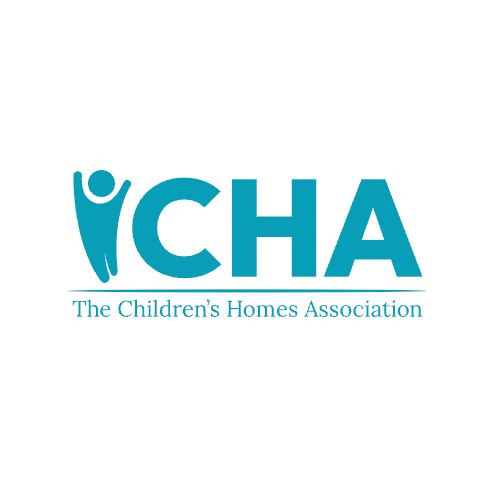
Hunt Finds £165m for Children’s Homes
25.04.2024
Children’s Social Care Profiteering
16.05.2024Children’s homes body excludes providers funded through tax havens from membership
The UK’s children’s residential care sector plays a critical role in supporting vulnerable children and young people, providing them with safety, stability, and a nurturing environment. Ensuring the integrity and transparency of the providers within this sector is paramount to safeguarding the quality of care delivered and maintaining public trust.
In a significant move, the Children’s Homes Association (CHA) has announced changes to its membership criteria that exclude providers funded through tax havens from becoming members of the organization. This blog post will explore the implications of this decision for the sector, the reasons behind the change, and the potential impact on children’s residential care.
Understanding the Membership Criteria Changes
The CHA’s decision to revise its membership criteria to exclude providers funded through tax havens stems from a desire to ensure ethical and transparent operations within the sector. Tax havens are jurisdictions with low or no taxes, which often attract businesses seeking to minimize their tax liabilities. This practice can raise concerns about the ethical standards and financial integrity of organisations operating in the children’s residential care sector.
By excluding providers funded through tax havens, the CHA aims to uphold high standards of accountability, governance, and financial transparency. This move sends a clear message that the association values ethical business practices and is committed to promoting the best interests of children in care.
Rationale for the Change
The decision to exclude providers funded through tax havens from CHA membership is rooted in the organization’s commitment to:
1. Ethical Standards: The CHA seeks to promote ethical practices among its members, ensuring that providers operate with integrity and transparency.
2. Financial Accountability: Excluding providers funded through tax havens helps ensure that members adhere to sound financial practices and are accountable for their operations.
3. Trust and Confidence: By aligning its membership criteria with ethical and transparent practices, the CHA aims to foster trust and confidence among stakeholders, including children, families, and regulators.
4. Supporting Vulnerable Children: Ultimately, the goal of the CHA is to support vulnerable children and young people in care by working with providers who prioritise their well-being and safety.
Potential Impact on the Sector
The CHA’s decision to exclude providers funded through tax havens from membership could have several potential impacts on the children’s residential care sector:
1. Higher Standards: The change may encourage providers to adhere to higher ethical and financial standards to meet CHA’s membership criteria.
2. Enhanced Reputation: Providers that align with the CHA’s criteria may benefit from an enhanced reputation, attracting more families and local authorities seeking high-quality care.
3. Increased Scrutiny: The change may prompt increased scrutiny of providers’ financial practices and funding sources, leading to greater transparency within the sector.
4. Quality of Care: By focusing on ethical and transparent operations, the CHA’s decision could contribute to improved quality of care for children and young people in residential settings.
5. Challenges for Some Providers: Providers that currently receive funding through tax havens may face challenges in meeting the new criteria and may need to reassess their funding sources or business practices.
Conclusion
The Children’s Homes Association’s decision to exclude providers funded through tax havens from membership represents a commitment to upholding ethical standards and promoting transparency within the children’s residential care sector. This change underscores the CHA’s dedication to ensuring the best interests of children and young people in care by working with providers who prioritize integrity and accountability.
While the new membership criteria may present challenges for some providers, the overall impact on the sector is likely to be positive. By fostering higher standards and promoting ethical practices, the CHA is taking a proactive step toward enhancing the quality of care and support provided to vulnerable children and young people in the UK. As the sector continues to evolve, it is essential to maintain a focus on ethical operations and transparency to ensure the well-being and safety of the children and young people in care.




